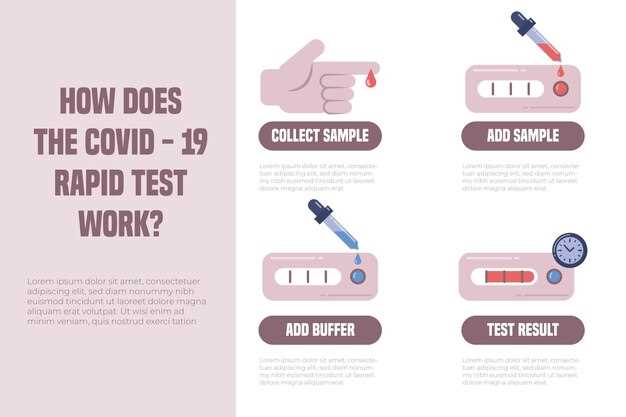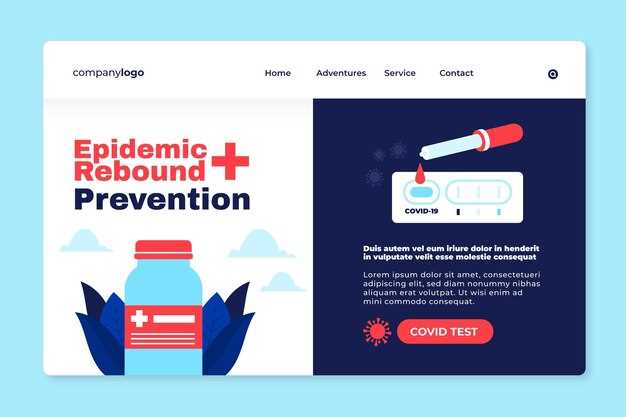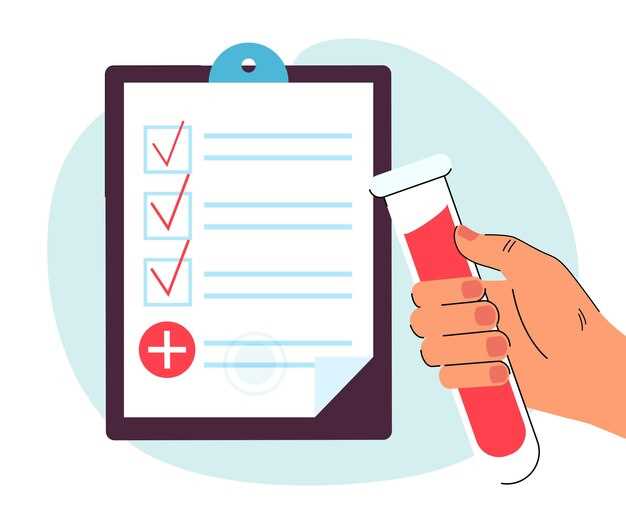
Obtaining a copy of your STD test results is an important step in managing your sexual health. Whether you need the results for personal knowledge, a doctor’s visit, or to share with a partner, understanding how to access this information can help ensure you receive the care you need.
The process for getting a copy of your results may vary depending on the testing facility, the method of testing, and the local laws regarding medical privacy. Knowing your rights and the steps involved can make the process smoother and more efficient.
In this article, we will guide you through the necessary steps to access your results, outline the information you need to provide, and offer tips on maintaining the privacy of your personal health data.
How to Obtain Your STD Test Results
To obtain a copy of your STD test results, the first step is to contact the healthcare provider or testing facility where you took the test. Most clinics, hospitals, and private practices have procedures in place for releasing test results to patients.
Start by calling or visiting the facility’s office to inquire about their process. You may be asked to submit a written request or fill out a release form to authorize the release of your medical information. Some facilities also offer online portals where you can access your results directly.
It’s important to verify the test results are ready before requesting them. Depending on the type of test and laboratory processing time, it may take several days to a few weeks for results to be available. Ensure that you follow the correct procedure to avoid delays.
If the facility offers electronic access, check your email or the patient portal regularly for updates. In some cases, you may receive results by mail if online access is not available.
Understanding Your Legal Rights

When it comes to obtaining your STD test results, it’s important to understand your legal rights regarding medical information. In many countries, including the United States, patients have the right to access their health records, including test results, under laws like the Health Insurance Portability and Accountability Act (HIPAA).
These laws ensure that your medical information is protected but also grant you the right to request a copy of your results. Providers are obligated to release your records upon request, typically within a set timeframe, which can vary depending on local regulations.
Keep in mind that while you have the right to access your test results, you may need to follow specific procedures, such as submitting a written request or verifying your identity. In some cases, results may not be released directly to third parties without your consent, ensuring your privacy is maintained.
Understanding these rights can help you navigate the process of obtaining your results smoothly and ensure that you are treated with respect and confidentiality throughout the procedure.
Where to Request Health Records
Health records, including STD test results, can be requested from a variety of healthcare providers. The primary place to start is the facility where you underwent testing, whether it be a public clinic, private practice, or hospital. Most medical providers maintain patient records and offer methods for retrieving test results.
If you were tested at a public or community health clinic, you may need to contact the local health department or visit their website to request your results. Many of these clinics provide online portals where you can securely access and download your test outcomes.
For tests conducted at a private laboratory or medical practice, your doctor’s office may handle the request process. In this case, you can reach out to the office directly or use their online system, if available, to access the results.
In some cases, third-party organizations or independent labs may handle testing, especially for at-home test kits. In these situations, you would need to contact the lab directly through their customer service or portal to obtain your results.
How the Retrieval Process Works

The retrieval process for obtaining your STD test results typically involves a few straightforward steps. After contacting the facility or provider, you will need to request your records. This can often be done in person, over the phone, or through an online portal, depending on the provider’s systems.
Once your request is received, the provider will verify your identity to ensure that they are releasing your medical information to the correct individual. This may involve answering security questions, submitting a valid ID, or filling out a release form.
If the results are available, they will be provided to you in the form that you prefer, whether that is via email, mail, or through an online portal. In some cases, you may be able to pick up a physical copy of your test results directly from the facility.
The time it takes to receive your results can vary. If you are requesting a copy of results from a previous test, it may take a few days for the provider to locate and process your records. Be sure to ask about any associated fees, especially if you are requesting a physical copy or special handling of your results.
Information Required for Request
When requesting a copy of your STD test results, you will typically be asked to provide certain information to verify your identity and ensure accurate processing of your request. The required details may vary depending on the healthcare provider, but generally include the following:
- Full Name: Your legal name as it appears in the records.
- Date of Birth: To confirm your identity and avoid confusion with others who may have similar names.
- Test Date: The specific date or time frame when the test was performed to help locate the results more quickly.
- Identification: A valid photo ID, such as a driver’s license or passport, to verify your identity.
- Contact Information: Your current address, phone number, or email address for communication purposes.
- Authorization Form: In some cases, a signed release form may be required, especially if you are requesting results for a third party.
Ensure you have all the necessary information ready when making the request to prevent delays. It’s also a good idea to ask the provider about any additional documentation that may be required specific to their policies.
Handling Delays in Receiving Reports
Delays in receiving your STD test results can happen for several reasons, including lab processing times, administrative issues, or even high demand at the healthcare facility. If you find yourself waiting longer than expected, here are some steps to take:
In the event that you are still unable to receive your results after following these steps, consider escalating the issue to a supervisor or filing a formal complaint with the facility. Staying proactive can help resolve delays efficiently.
Ensuring the Privacy of Your Data
When obtaining your STD test results, it’s crucial to ensure that your personal health information remains confidential. The following steps can help protect your data throughout the process:
- Use Secure Channels: Always request your results through secure methods, such as encrypted email, official patient portals, or in-person visits to the testing facility.
- Avoid Sharing Sensitive Information: Do not share your test results or personal details over unsecured platforms, such as social media or unencrypted messaging apps.
- Check Provider’s Privacy Policies: Make sure the healthcare provider or testing facility complies with local privacy laws, such as HIPAA in the U.S., which regulate the handling of personal health data.
- Limit Access: Only share your results with individuals or organizations that have a legitimate need to know, such as healthcare providers or trusted partners.
- Review Your Records: Periodically check your medical records for any unauthorized access or incorrect information and report any discrepancies immediately.
By following these precautions, you can ensure that your STD test results remain secure and your privacy is respected throughout the retrieval process.

